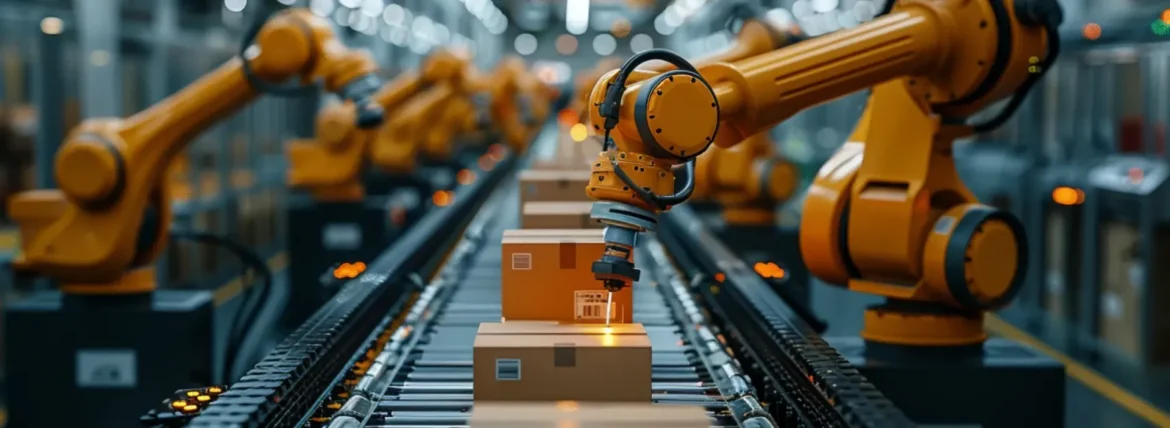Table of Contents
This article delves into the evolution, impact, and future of industrial machinery, highlighting its significant influence on our lives and economies.
The Evolution of Industrial Machinery
The Industrial Revolution in the late 18th century marked the beginning of the evolution of industrial machinery. The steam engine, invented by James Watt, revolutionized the textile industry and power loom. The 19th and 20th centuries saw the introduction of electricity, internal combustion engines, and automation. Modern machinery now incorporates robotics and artificial intelligence.
Impact on Workforce and Economy
The rise of industrial machinery has significantly impacted the workforce and economy, causing job displacement and social upheaval. However, it also created new opportunities, such as specialized jobs and vocational training programs. The efficiency of machines reduced production costs, leading to increased consumer markets and global trade. The long-term benefits of industrial machinery include innovation, productivity, and economic prosperity.
Technological Advancements and Automation
Automation in industrial machinery has revolutionized assembly lines, improving product quality and consistency. AI and machine learning optimize production processes, while IoT-enabled devices provide insights into machine performance. These advancements have made factories more adaptable to changing demands. However, job displacement and the need for new skills have been debated. The focus is now on developing a skilled workforce for managing advanced machinery.
Environmental Impact and Sustainability
The proliferation of industrial machinery has had mixed effects on the environment. On one hand, the efficiency of machines has reduced the need for excessive labor and resource waste, contributing positively to production sustainability. For instance, precision agriculture machinery helps optimize the use of water and fertilizers, reducing environmental footprint. On the other hand, the increased industrial activity has led to significant environmental challenges. Factories powered by fossil fuels have contributed to air and water pollution, and the mass production of goods has resulted in considerable waste and resource depletion. Recognizing these issues, a global shift towards sustainable industrial practices is underway. Modern machinery is being designed to be more energy-efficient and eco-friendly. Renewable energy sources, such as solar and wind power, are being integrated into industrial operations. Additionally, advancements in materials science are leading to the development of recyclable and biodegradable materials. Regulations and policies are also driving industries to adopt greener practices. While industrial machinery has historically posed environmental challenges, ongoing innovations and a growing commitment to sustainability are paving the way for a more balanced coexistence between industry and the environment.
The Future of Industrial Machinery
The future of industrial machinery is poised to be even more transformative, driven by continuous technological innovations and a focus on sustainability. Emerging technologies such as 3D printing and nanotechnology are expected to revolutionize manufacturing. 3D printing, or additive manufacturing, enables the creation of complex parts and products with minimal waste, offering unprecedented customization capabilities. Nanotechnology promises to enhance materials, making them stronger, lighter, and more durable, which could lead to the development of next-generation machinery with superior performance. Moreover, the integration of AI and machine learning will evolve, making machines even smarter and more autonomous. This evolution will likely lead to fully automated factories, also known as smart factories, where interconnected systems will optimize production processes with minimal human intervention. The emphasis on sustainability will continue to drive innovations aimed at reducing the environmental footprint of industrial activities. Renewable energy integration, circular economy principles, and green manufacturing processes will become standard practices. As industries prepare for these advancements, the role of human workers will also evolve, emphasizing the need for skills in managing, programming, and collaborating with advanced machinery. The future of industrial machinery holds immense potential for innovation, efficiency, and sustainability.

